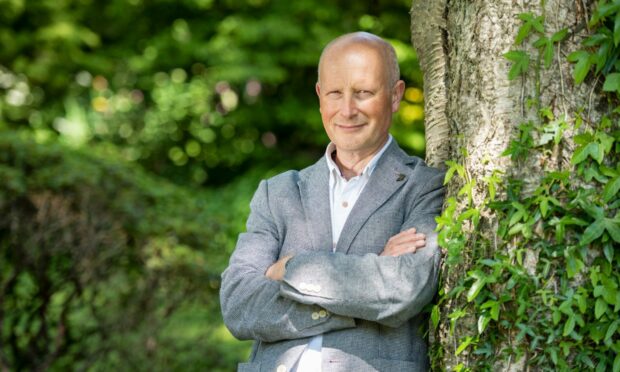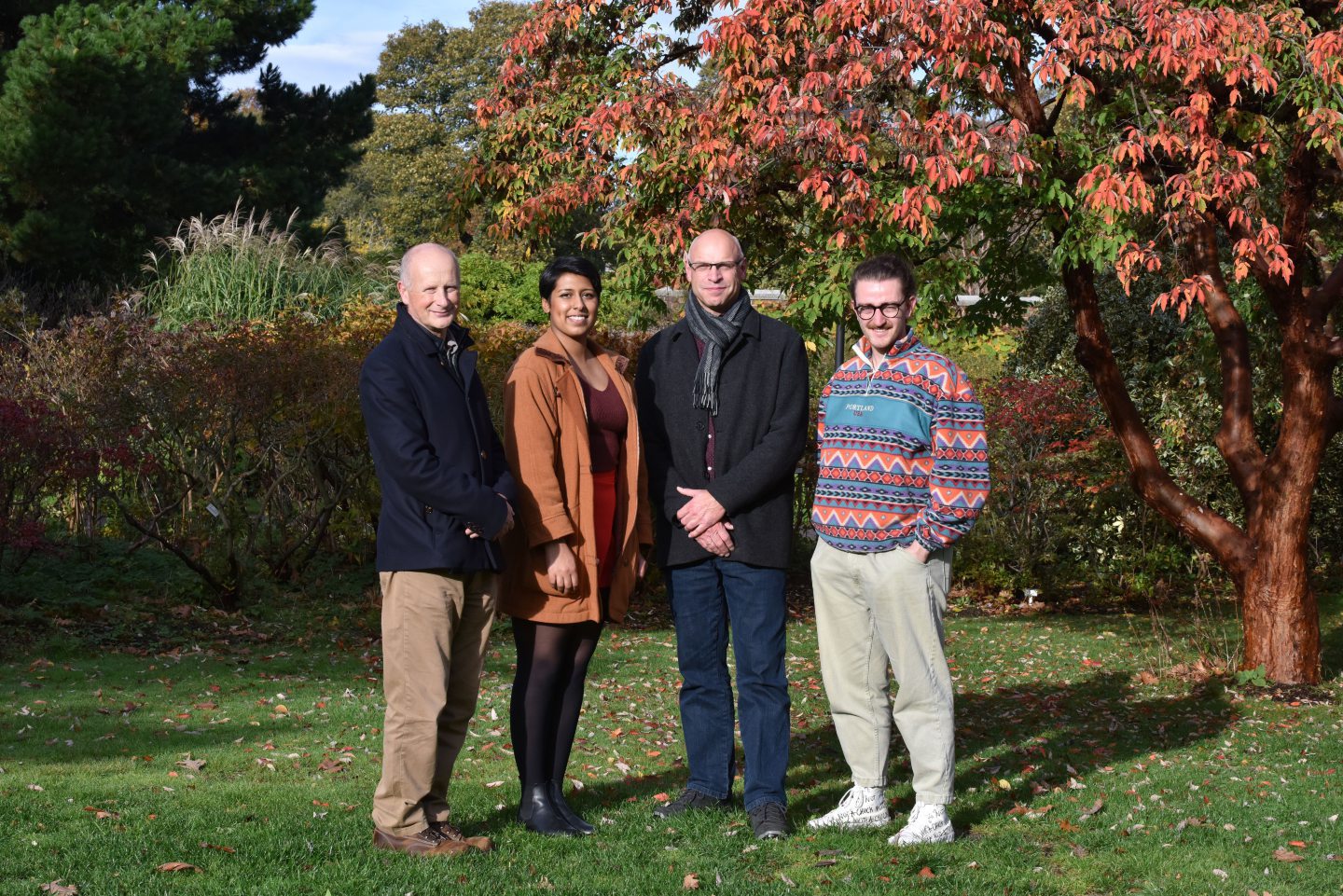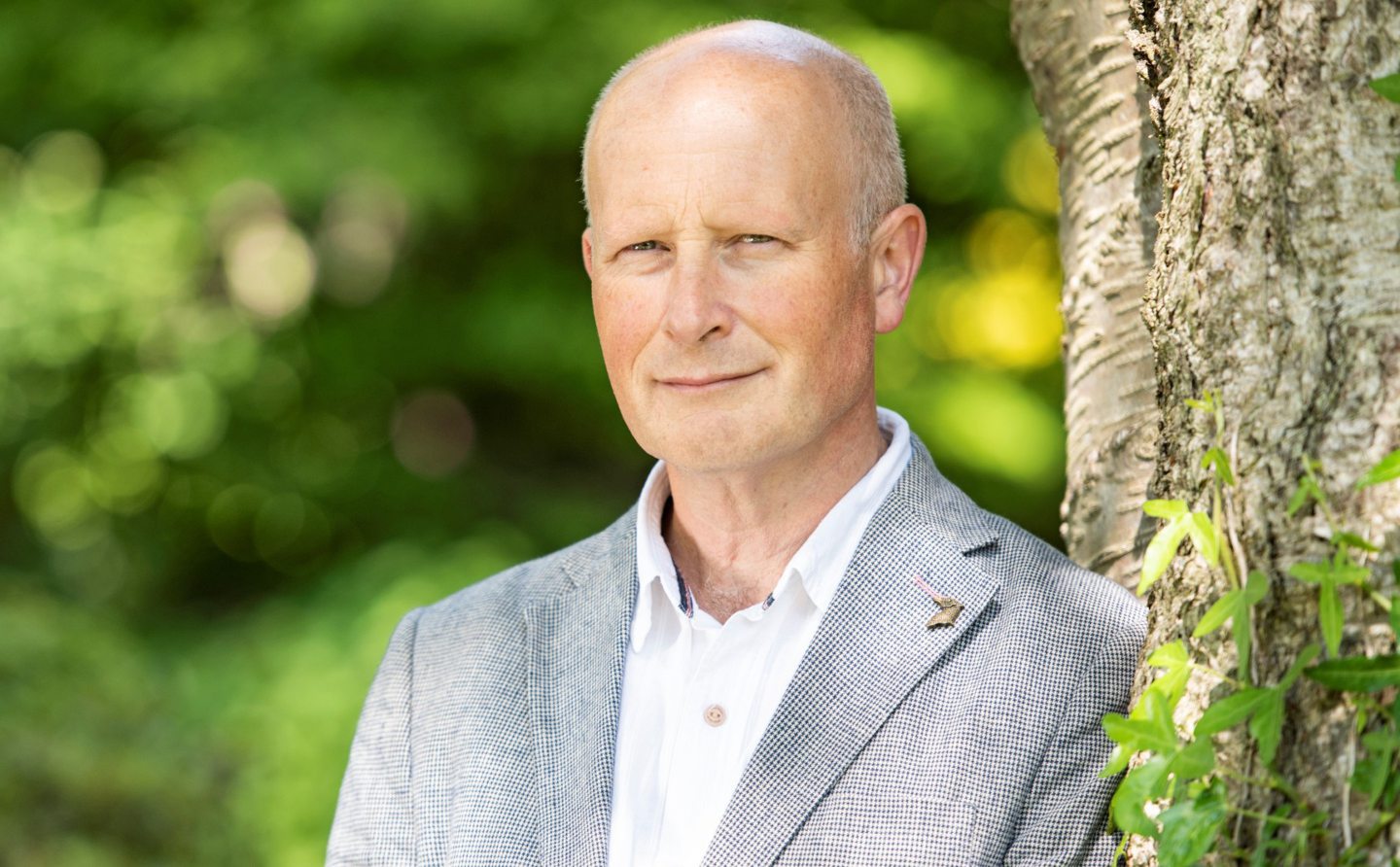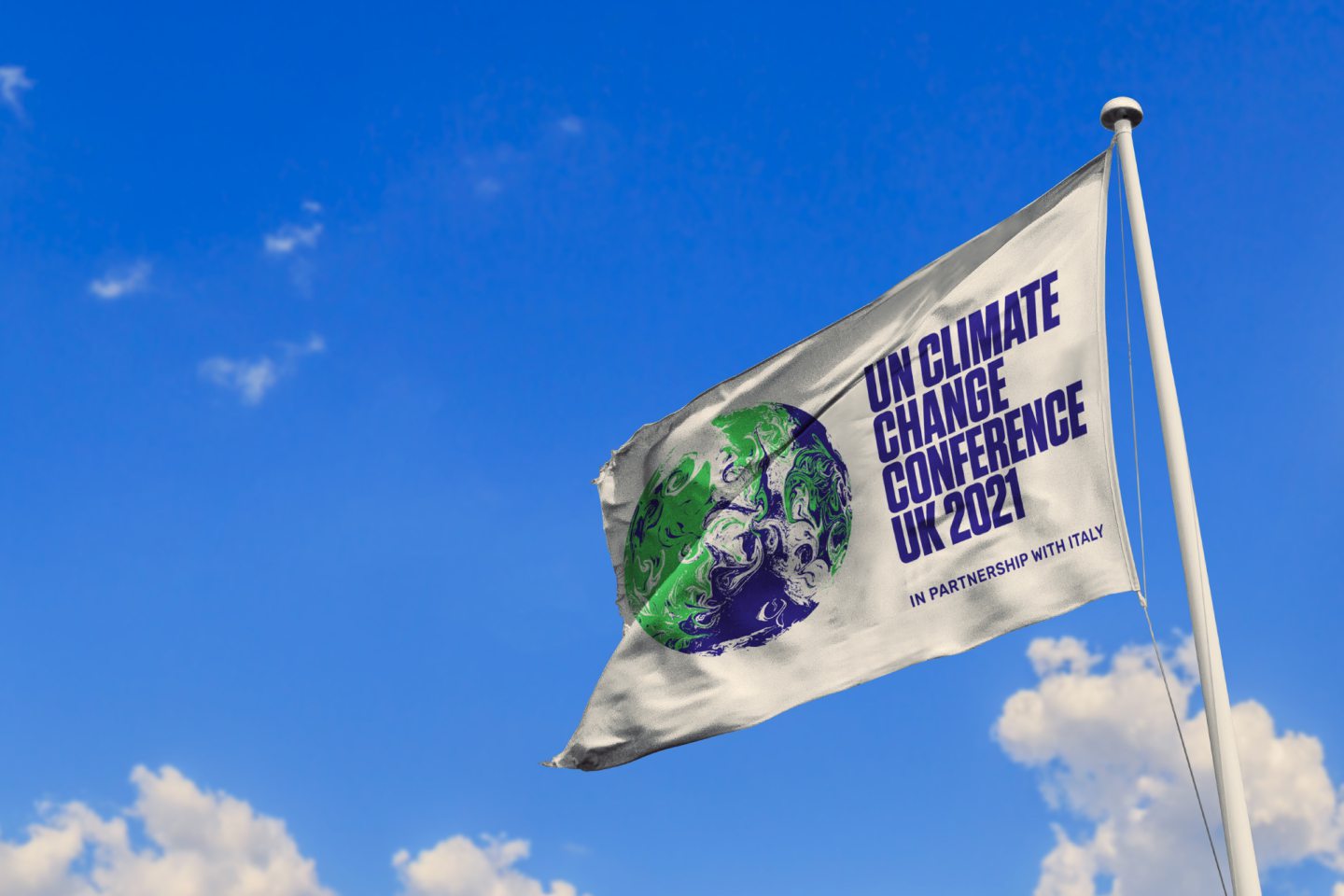Humanity must keep a “laser focus” on climate change despite major issues like the cost of living crisis and the war in Ukraine, an Aberdeen University professor attending COP27 has argued.
David Burslem, director for environment and biodiversity at the university, is among four delegates the institution is sending to Egypt to attend this year’s climate change conference, which is running from November 6 to 18 in Sharm El-Sheik.
Along with two students and another member of university staff, David is intending to use the United Nations Conference of Parties (COP) event to put the research Aberdeen University is doing in the fields of renewables, climate change and carbon emissions in the global spotlight.
David said that although so much has happened across the world since COP26 which was held in Glasgow last year — including the Russian invasion of Ukraine — the dangers presented to the human race by climate change must still be addressed.
What is Aberdeen University doing at COP27?
By attending the Egypt conference, David hopes to help to inform debate about some of the most important issues of our time.
He will also be highlighting a lot of the university’s research on climate change-related topics.
This includes examining the environmental impact of peatland windfarms on carbon emissions, and looking at the role of soil carbon in mitigating greenhouse gases — work which was this year awarded a Queen’s Anniversary Prize at a ceremony in St James Palace.
David said: “We want to showcase some of the work we do here, broadly speaking, in the climate change arena.
“We can talk about the work we do here, and the outcomes from what we do to help inform debate.
“And then there’s the work in the other direction, which is informing our community back in Scotland both at the university and more broadly about the nature of the debate, and the progress that’s being made.”
Climate change ‘still a very high profile topic’ despite other major problems in the world, says professor
When COP26 was hosted in Glasgow, the eyes of the world turned to Scotland.
Political leaders and top scientists from across the planet met by the River Clyde to discuss how best to tackle climate change, and limit global warming to below 1.5C compared to pre-industrial levels.
However, there are now concerns that there is “no credible pathway” to achieving this 1.5C target, which was set in the Paris Agreement.
If this goal is not met, the UN says millions of more people could be exposed more frequently to the severe impacts of climate chaos, such as rising sea levels and extreme heatwaves.
David, who helped with a number of Aberdeen University projects during COP26 to help students and north-east residents better understand the importance of the Glasgow conference last year, thinks having the event in Scotland really helped to draw attention to vital topics like cutting down our greenhouse gas emissions.
But he insisted that as a society, it is paramount we keep our attention on reducing our impact on the planet, despite other major issues which caused so much turmoil.
He said: “There have been major changes externally since COP26 in Glasgow.
“There’s the cost of living crisis, and the war in Ukraine, which have been taking us in the wrong direction.
“The amount of investment in securing energy in the short term is inevitably taking resource away from the agenda towards the transition.
“And at the same time, science is clearly pointing towards the fact that the 1.5C target is receding, unless we do make rapid progress.”
‘Even though there are other major events going on, we have to maintain focus on this’
The professor added: “I think in terms of the political agenda, in the Scottish political agenda, climate change is still very high profile.
“I think UK-wide there have been distractions, not least the instability of the UK government, but among the general public I’ve never seen such a focus on climate change.
“And certainly amongst our our student population, it’s a very, very big issue for them.
“It’s absolutely essential that we maintain a laser-focus on climate change, even despite all the other events that are going on in the world.
“It is the most fundamental issue we face.
“Even though there are other major events going on, we have to maintain focus on this.”





Conversation